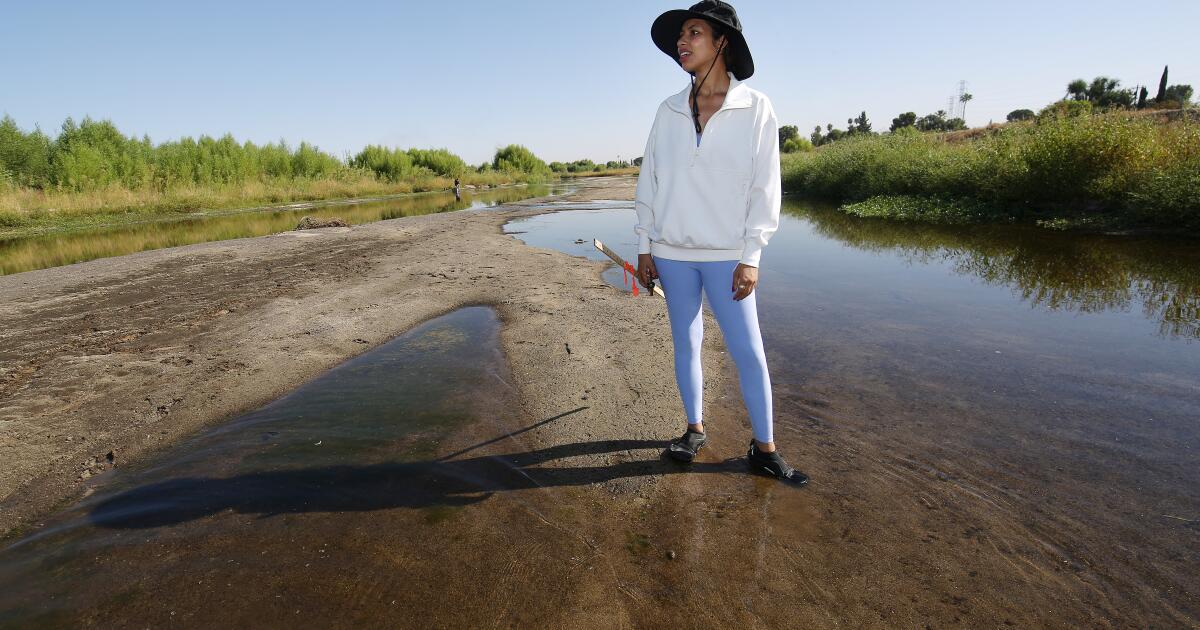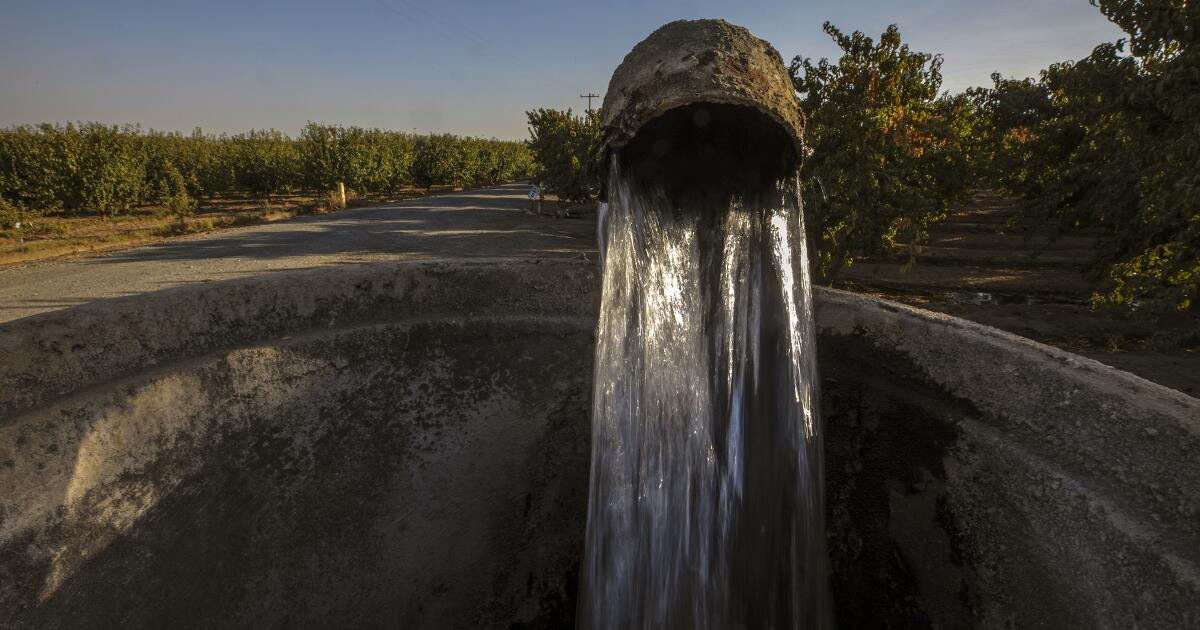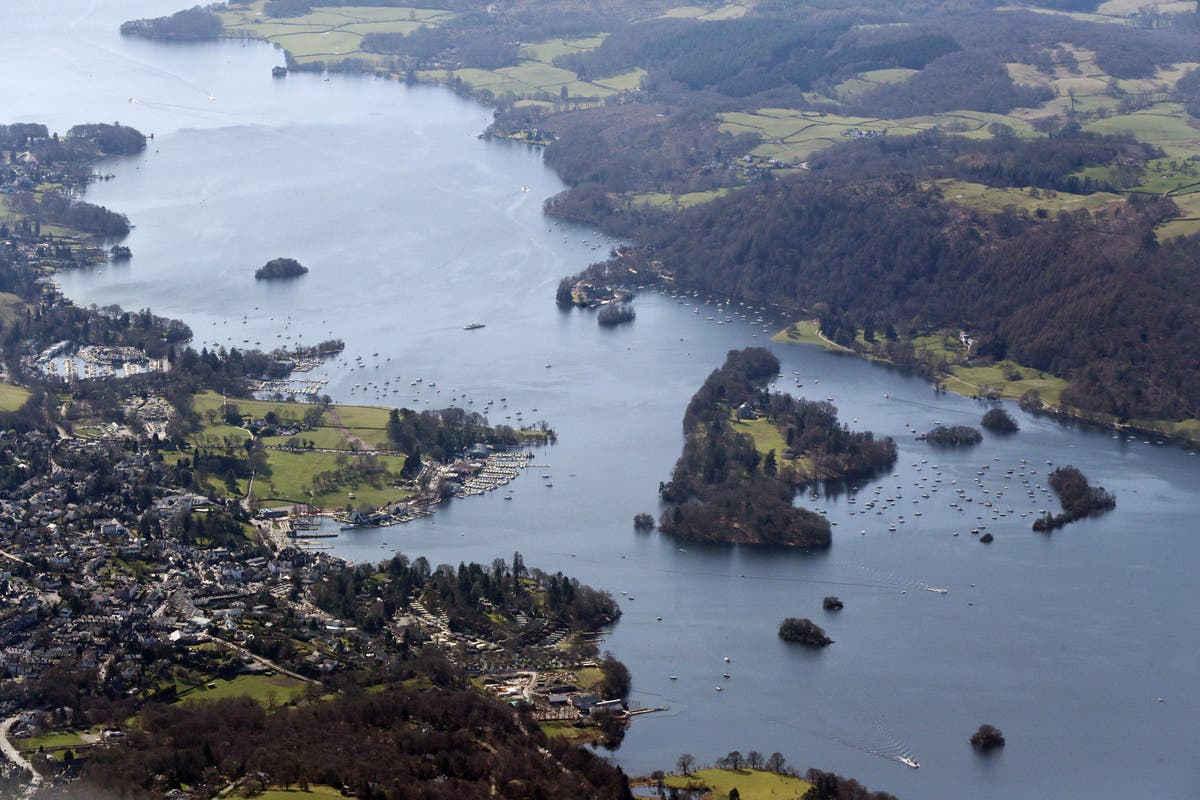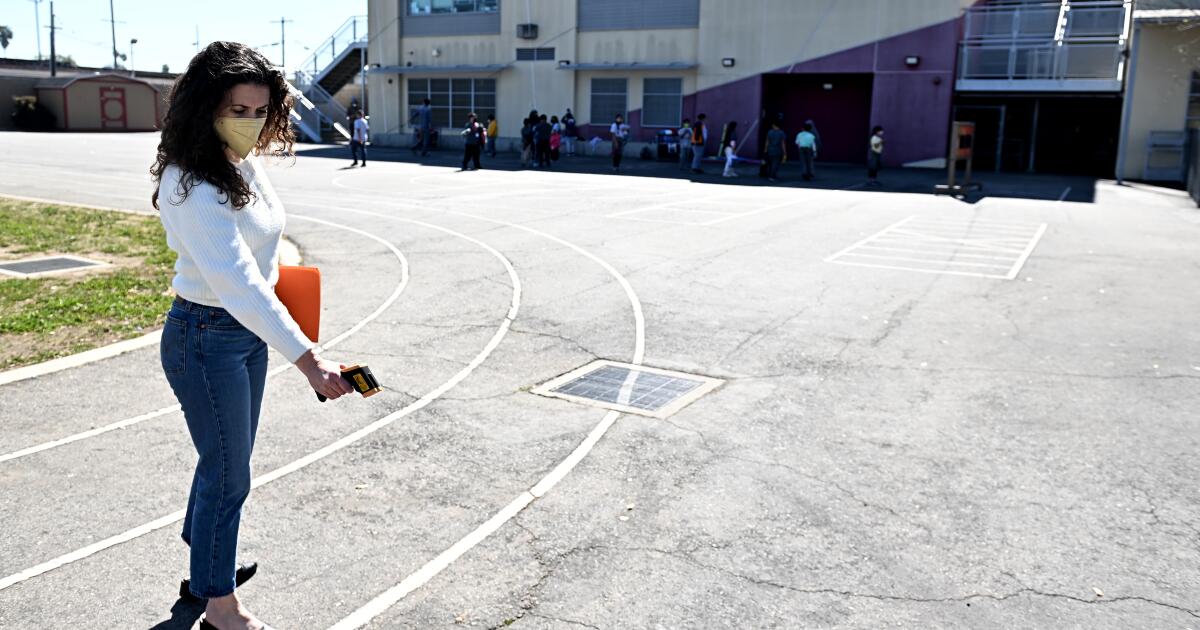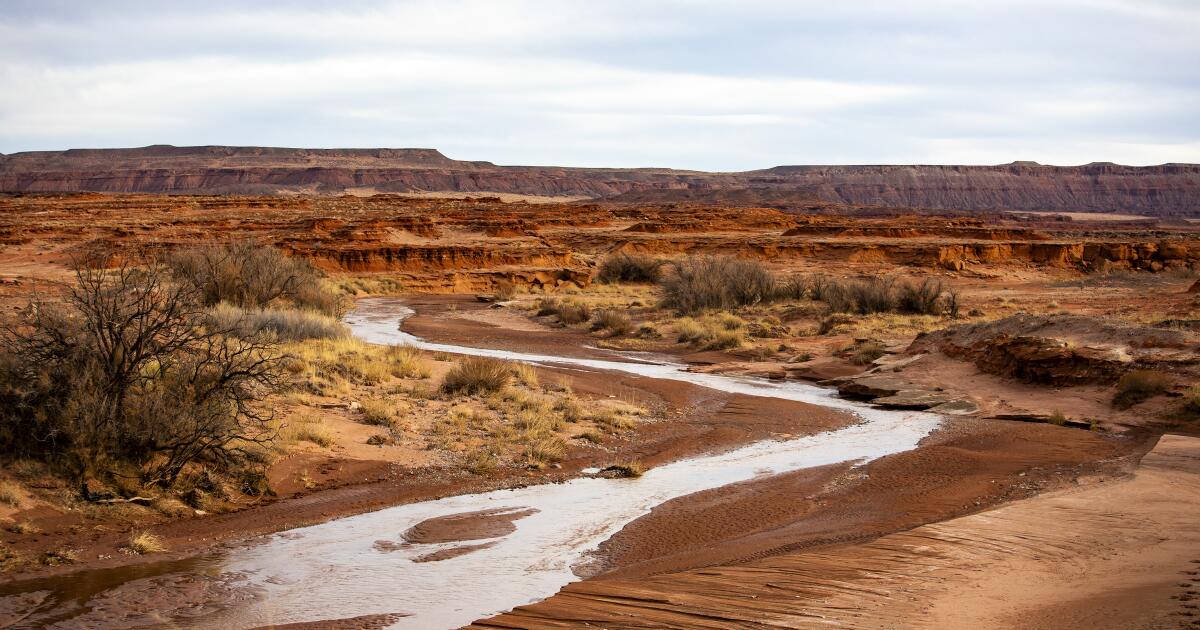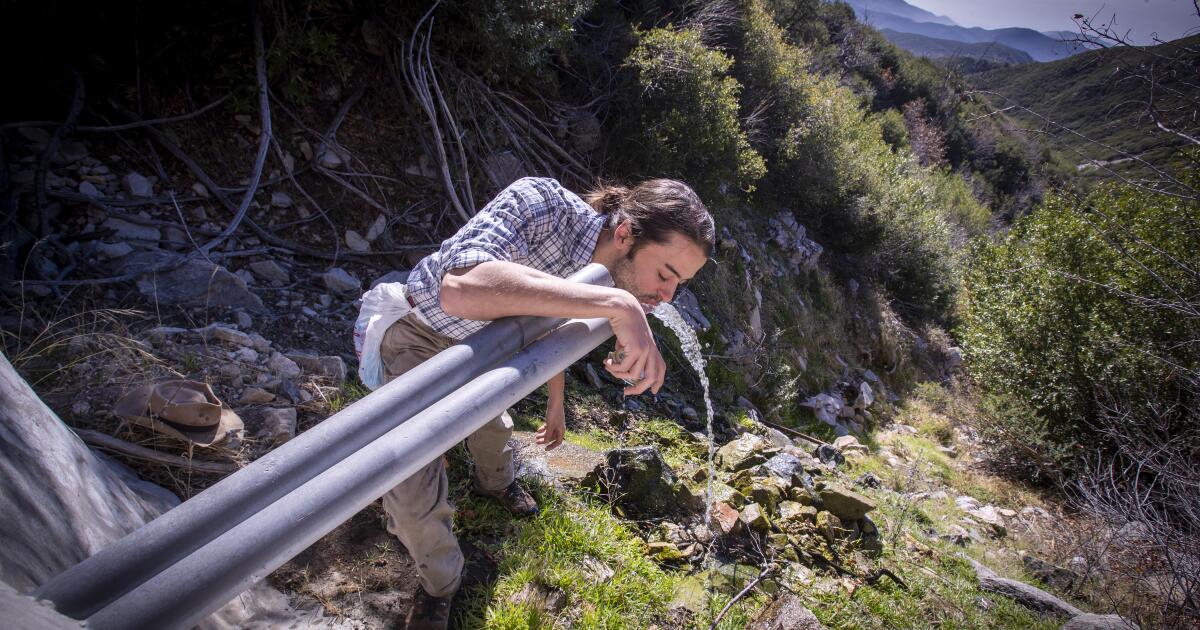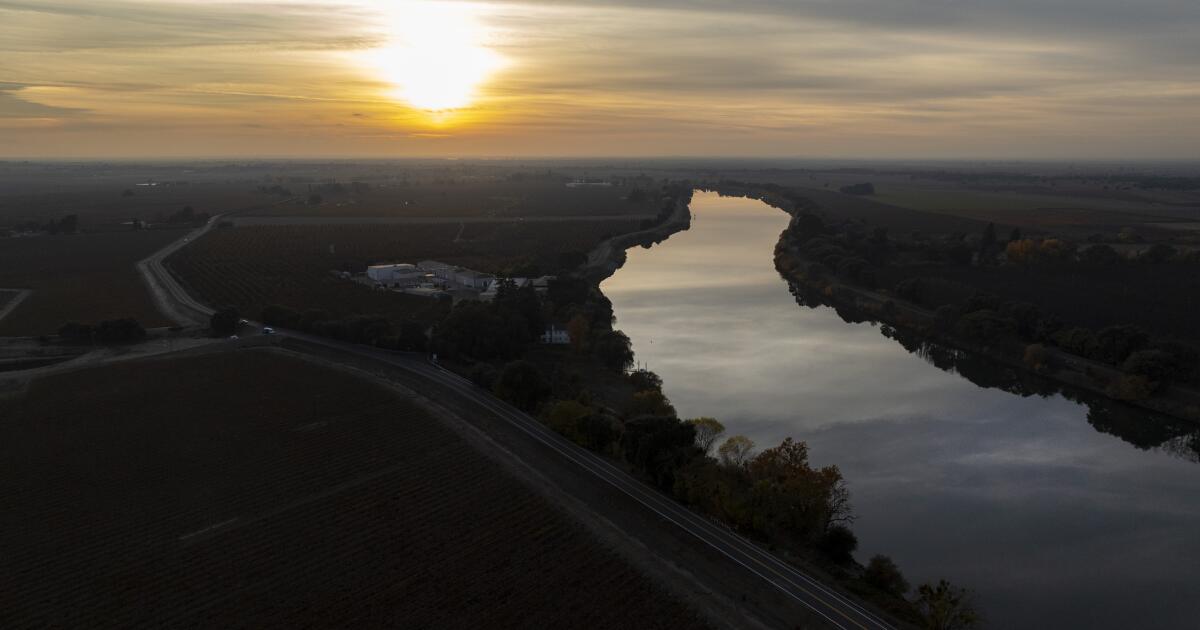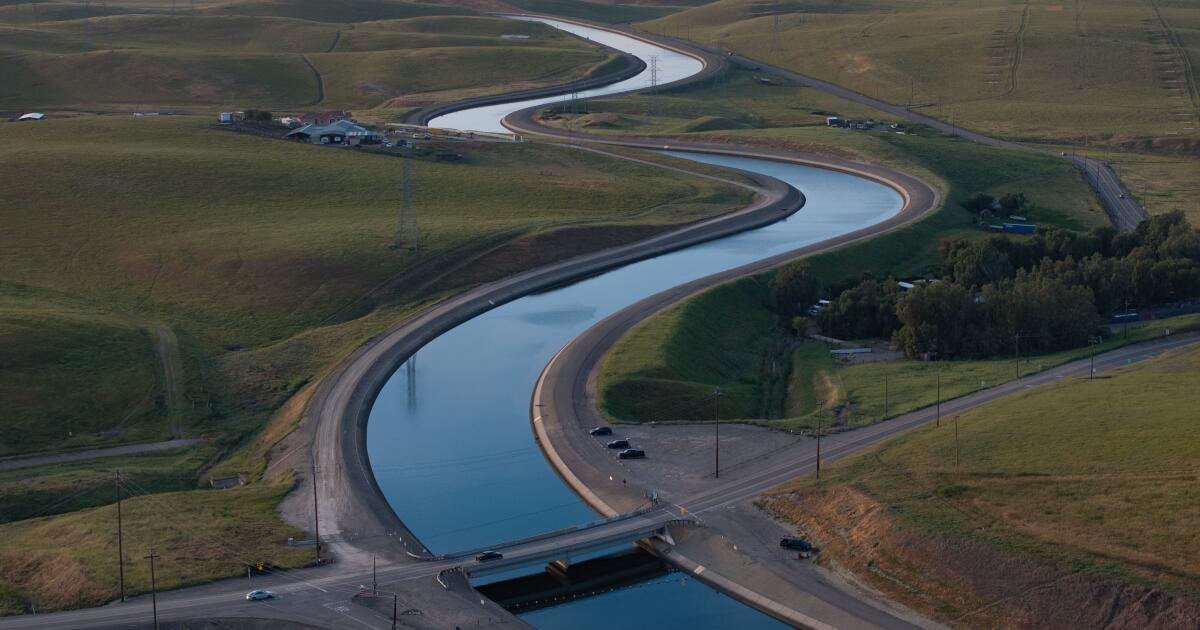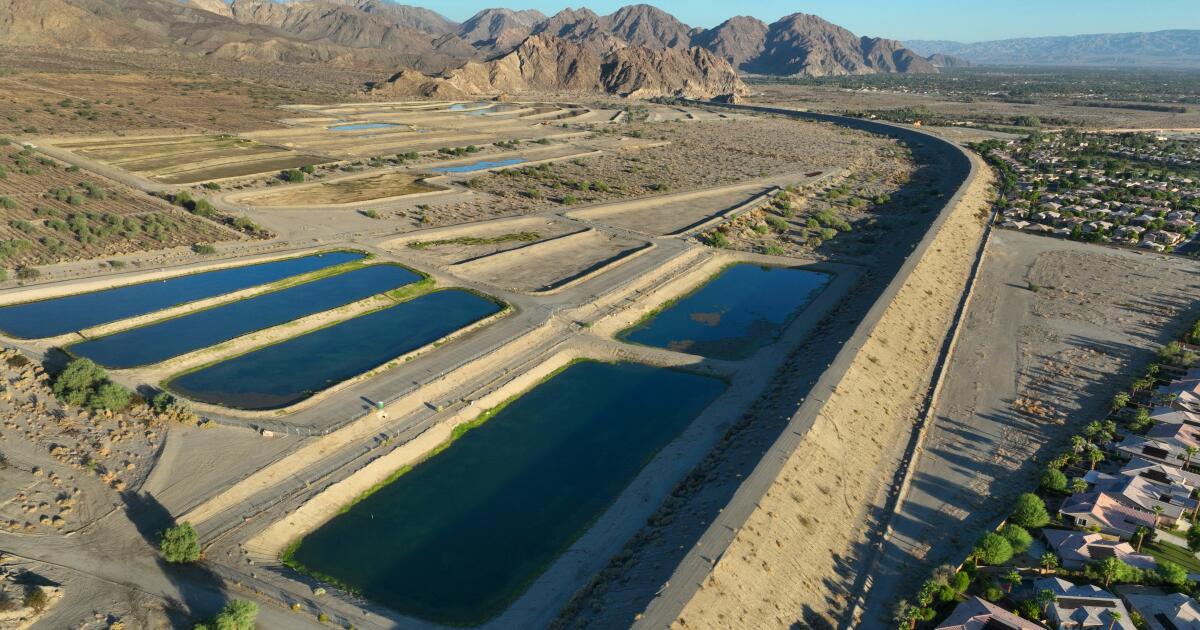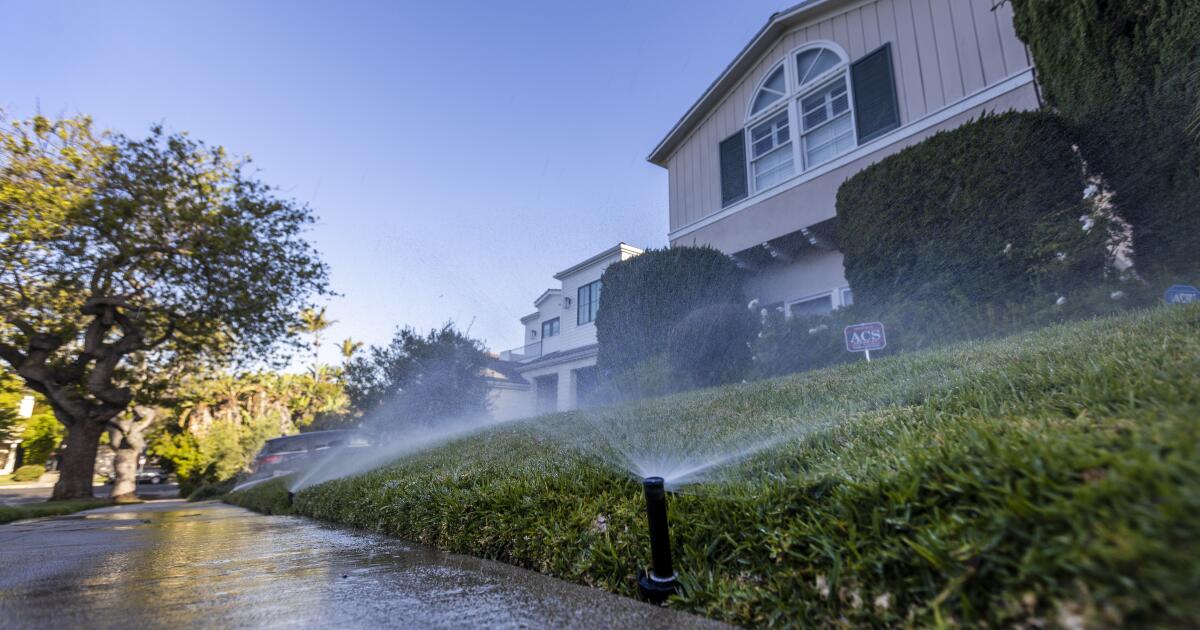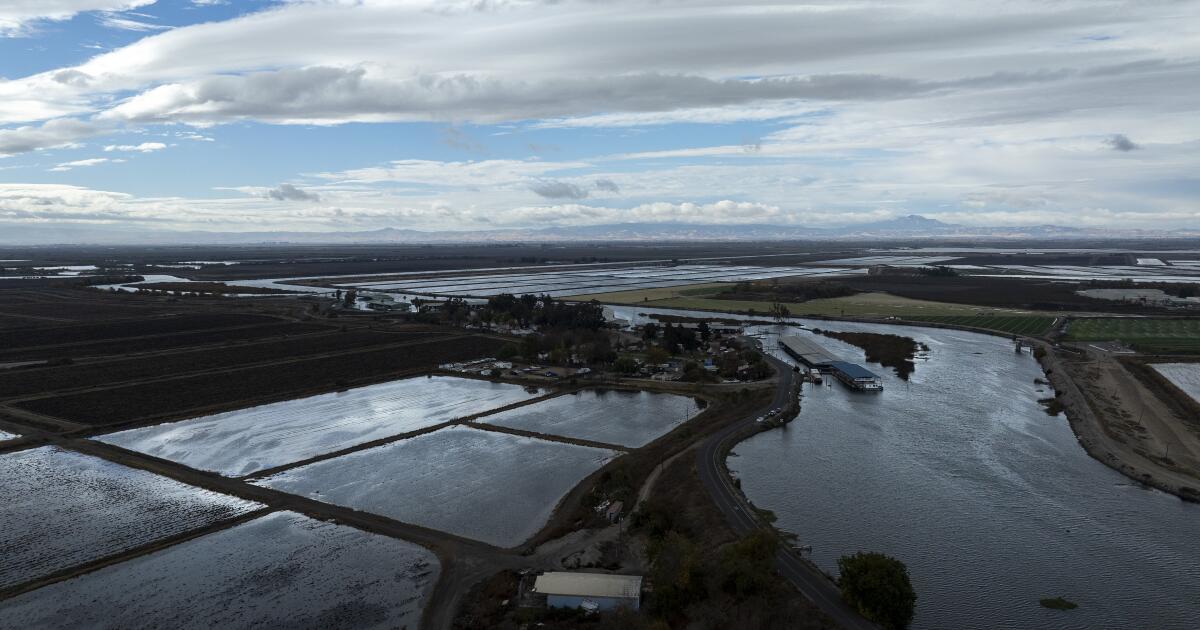
Delta water crisis linked to California’s racist past, tribes and activists say
LA TimesCaleen Sisk, chief and spiritual leader of the Winnemem Wintu Tribe, visits a creek near her home, a tributary of the Sacramento River where she recently saw salmon swimming. They said deteriorating conditions in the estuary represent a “continuation of California’s discriminatory water management history.” They wrote in their 169-page petition that the state water board’s “failure to adopt sufficiently protective water quality standards entrenches a discriminatory system of water rights that was founded on the dispossession of Indigenous Californians and exclusion of communities of color, and that continues to prioritize large-scale agricultural interests over those of vulnerable Californians living in the Delta.” The petition was filed Tuesday by the Winnemem Wintu Tribe, Shingle Springs Band of Miwok Indians, Save California Salmon, Little Manila Rising and Restore the Delta, who are represented by a legal team from Stanford Law School’s Environmental Law Clinic. “From 1913 to 1945, California’s racist Alien Land Law prevented Filipinos from owning property, which is a prerequisite for acquiring water rights,” Labson said in a statement. She pointed out that last year the state water board adopted a racial equity resolution in which officials “acknowledged that the historical effects of institutional racism must be confronted throughout government.” If this resolution is to have meaning, Labson said, the board “must take action to restore flows to the delta.” The state water board said officials will need to carefully evaluate the petition before responding. “The board completed a significant update in 2018 for the Lower San Joaquin River tributaries and anticipates completing updates for the Sacramento River and Delta in the next two years.” It said this process will include an analysis of the proposed voluntary agreements, and the board will analyze the agreements “in conjunction with other alternatives for updating the Bay-Delta Plan.” Sydney Speizman, a student attorney with the Stanford Environmental Law Clinic who helped prepare the petition, said the board is supposed to update the plan and its water quality standards every three years, but it’s been at least 16 years since that last happened.
History of this topic

Amid controversy, California and the Biden administration are preparing new water plans
LA Times
Decision to reduce water flows in California’s delta sparks debate over imperiled fish
LA Times
Experts urge California to avoid pitfalls in water deals in the delta
LA Times
Debate over options for California’s ailing Delta region reflects deep divisions over water
LA Times
Lawmakers approve plan to strengthen oversight of California water rights
LA Times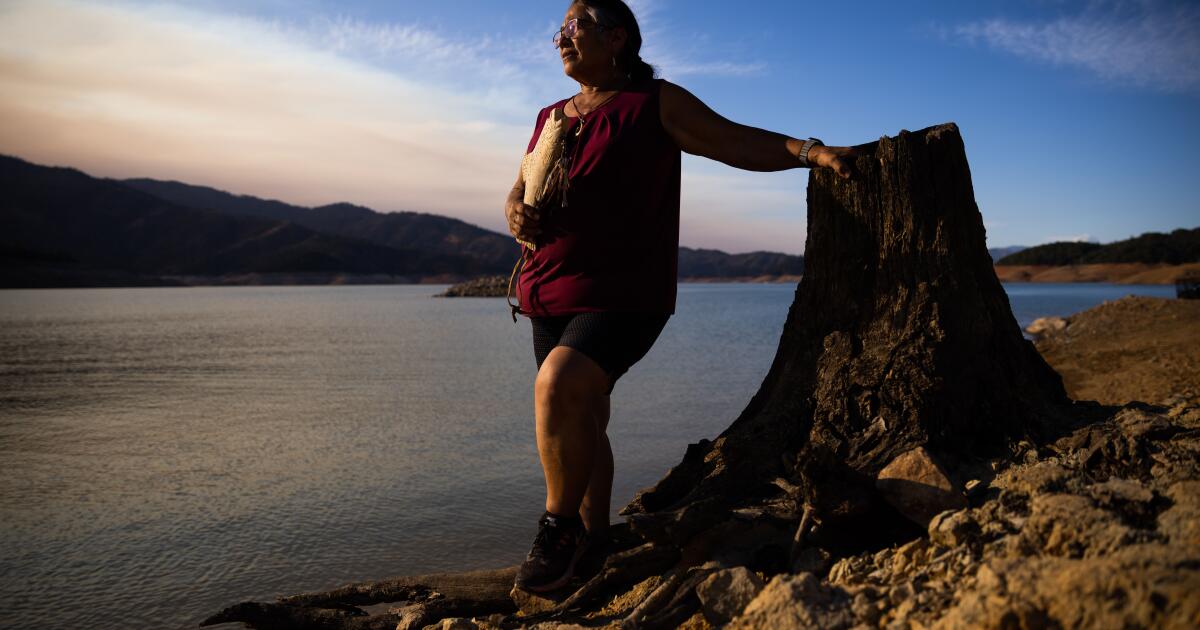
EPA to investigate California State Water Board for alleged civil rights violations
LA Times
‘A foundation of racism’: California’s antiquated water rights system faces new scrutiny
LA Times
Tribes accuse California water board of discrimination and urge EPA oversight of Bay-Delta
LA Times
Climate crisis and systemic inequities drive push to reform California water laws
LA Times
Many California farmers have water cut off, but a lucky few are immune to drought rules
LA Times
As drought worsens, regulators impose unprecedented water restrictions on California farms
LA TimesDiscover Related








